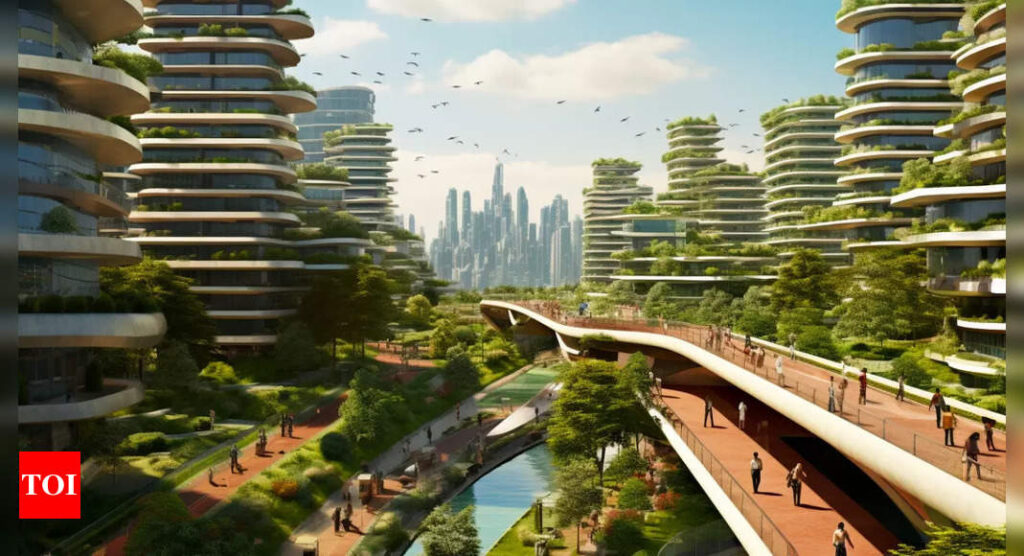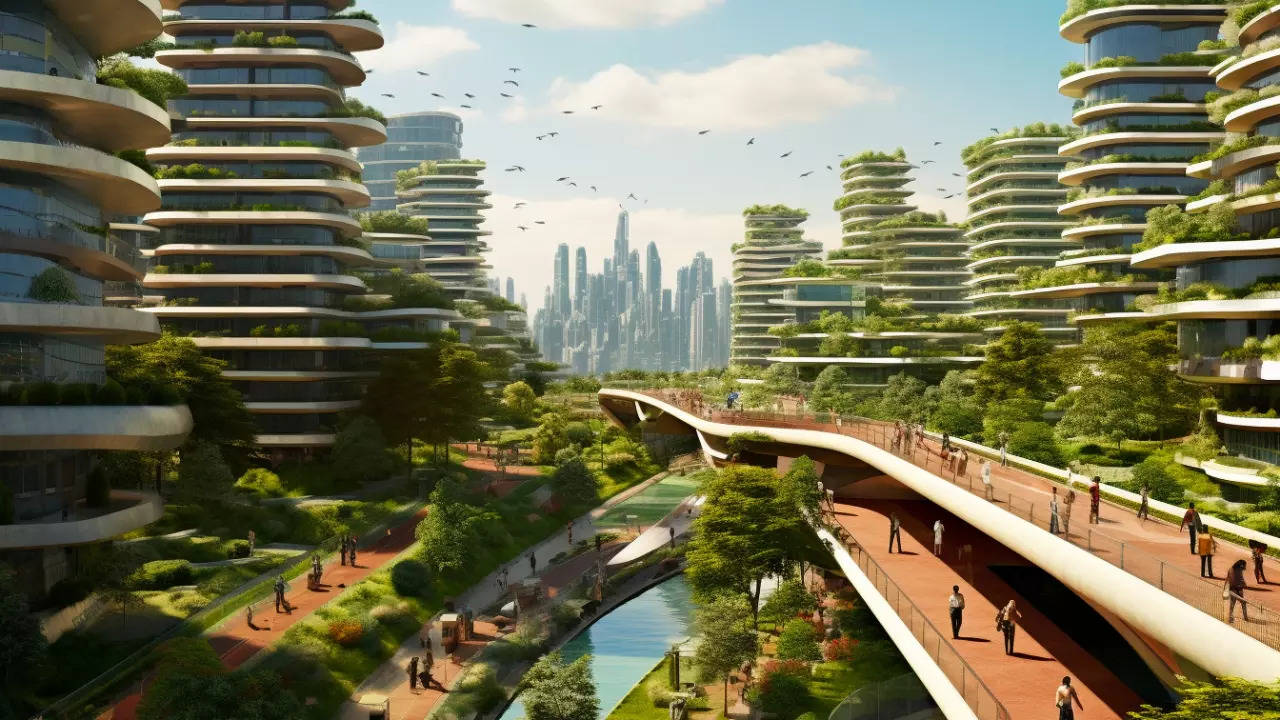[ad_1]
The think tank’s founder-director, Ramesh Menon, stressed the urgency of Delhi Master Plan 2041’s approval, citing the hindrance posed by the Delhi Land Reforms Act 1954. “There is an urgent need for approval of Delhi Master Plan 2041, as the Delhi Land Reforms Act 1954 is the biggest impediment to the planned development of Delhi. The discretionary use of it (the 1954 law) by the administrative officers of the revenue department doesn’t build confidence among the stakeholders,” he told ET.
Delays in approving the master plan have resulted in the proliferation of illegal farmhouses in Delhi, as the Delhi Development Authority’s Green Development Area Policy was intended to regularize these properties, feel experts.
Amit Goyal, managing director of India Sotheby‘s International Realty, urged the government to expedite the notification of MPD 2041. He believes that in the meantime, municipal corporations should rigorously curtail unauthorized construction and deviations from zonal plans. They should also maintain the building plan sanction process in line with the current farmhouse policy until new regulations are established, he said.
Mumbai Trans Harbour Link: India’s Longest Sea Bridge Features, Benefits | MTHL Latest News, Update
Experts emphasize the critical need for approving and diligently implementing the Delhi Master Plan to prevent further chaotic growth in the capital. Initiatives such as the farmhouse policy, land pooling policy, notification, and infrastructure development of new city blocks have all faced significant delays, Nayan Raheja of Raheja Developers said.
Nayan Raheja stresses on the need for decisive and swift action adding that metro lines, redevelopment, and new city blocks can enable increased population density, thereby improving living conditions and economic prospects in Delhi, one of the world’s most populous cities, he said.
The absence of timely planning and policy execution in Delhi has led to almost 50% of the city becoming unauthorized.
[ad_2]
Source link











More Stories
India’S Growth Forecast: S&P ups India’s FY’24 growth forecast to 6.4% on robust domestic momentum
India to remain fastest-growing major economy, but demand uneven: Poll
Jack Ma: Jack Ma gets back into business with ‘Ma’s Kitchen Food’